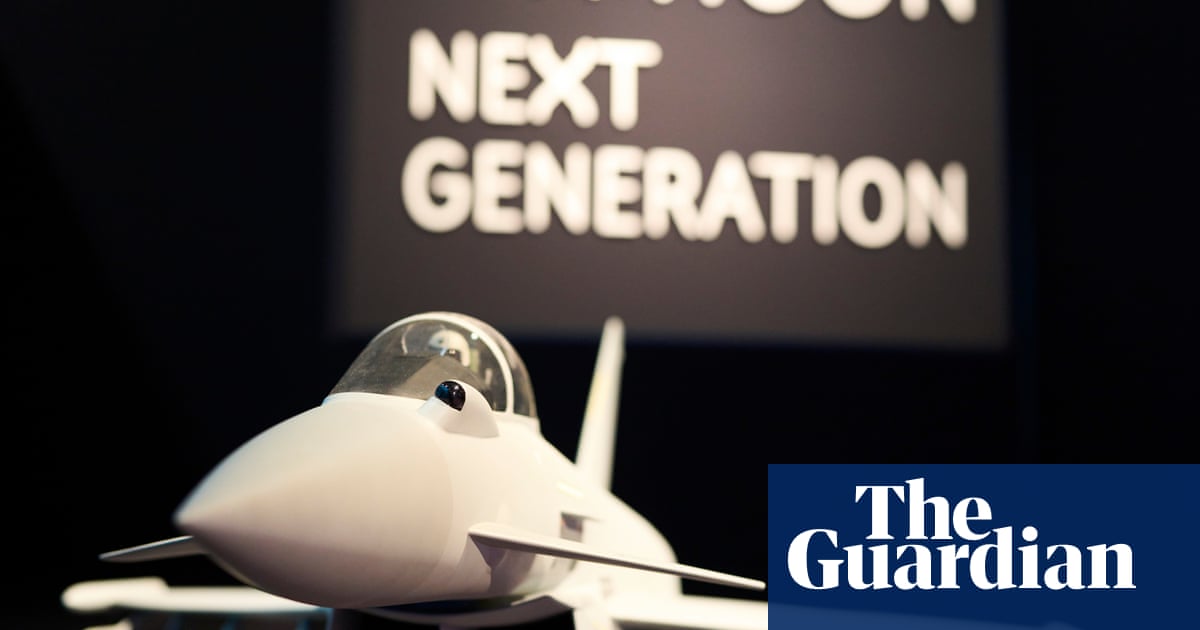
"The jet, known as Tempest, will act as a symbol of Britain's hopes to remain a top-tier military nation and keep alive more than a century of building military aircraft."
"Production of the Typhoon jet, a mainstay of the Royal Air Force (RAF) for two decades, has for now at least ground to a halt."
"Questions over the future of the assembly line are emblematic of a trilemma that often seems to affect military procurement: the UK wants the best weapons; wants to boost British manufacturing, and needs to keep a lid on costs."
"Achieving more than two of those three aims simultaneously may be tricky, if not impossible."
A factory in Lancashire is working on the Tempest, the UK's next generation fighter jet symbolizing its military ambitions. Meanwhile, production of the Typhoon jet has ceased, raising workforce concerns. BAE Systems is confident about future orders but not within the UK. The UK government aims to secure international contracts for arms sales to Turkey, Qatar, and Saudi Arabia. This reflects a military procurement trilemma of requiring high-quality weapons, boosting manufacturing, and managing costs effectively. Recently, plans for increased defense spending have added complexity to these concerns.
Read at www.theguardian.com
Unable to calculate read time
Collection
[
|
...
]